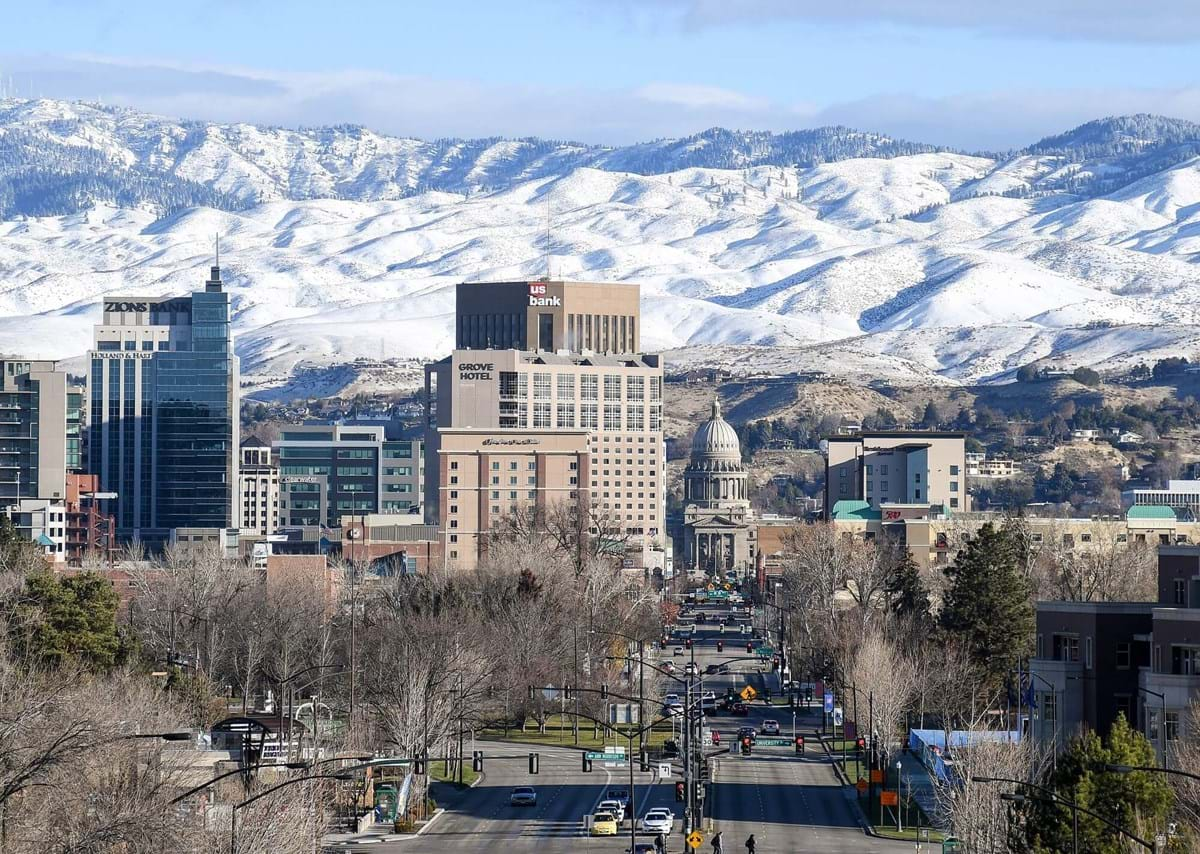Nothing beats fall and winter in Idaho, but a serious home repair can ruin the fun. If you don’t prepare your septic system now, you could be missing out on fall foliage hikes, skiing down Bogus Basin, or snowmobiling across vast valleys.
Don’t let your septic system become susceptible to common cold-weather damage with these four tips.
Tip No. 1: Perform Routine Maintenance
Your septic system should be pumped and serviced at least every 3-5 years, depending on the number of people living in your home. However, if you suspect there is a problem with your septic system, it’s better to call for service sooner rather than later. If problems are caught early, the solutions could be simple or more cost-effective. Plus, by calling for service before the weather gets too cold, you could prevent further complications that can happen when the ground freezes.
Tip No. 2: Clear The Area
Clearing the space around your septic tank is a good rule to follow during any season, but it can be especially important as the weather gets cooler. Lawn chairs, games, and toys can become slipping hazards or freeze to the ground as winter sets in. If there’s an emergency with your septic system and these items are in the way, this could prove to be even more troublesome.
Tip No. 3: Fix Plumbing Issues Immediately
Don’t write-off leaky or dripping pipes as an annoyance. Cold temperatures can exacerbate plumbing issues, and this often leads to larger disasters when left untreated. For starters, frozen pipes can burst, causing major headaches and costly repairs. Dripping or leaky pipes could overwhelm your system, too. It may not seem insignificant, but the constant dripping isn’t just an annoyance for your ears. It’s repeatedly sinking into your septic, too. Call a plumber immediately to avoid disaster.
Tip No. 4: Winterize It
If you have a property or RV with a separate septic system that is not used in the winter, you must winterize it to protect it from damage. Without a constant stream of water or waste, it’s susceptible to the cold weather. Start by shutting off the water supply and the gas or electric systems. (You will likely have to call the city or a supplier for both of these services.) Then, drain the water from your toilets and sinks. Pour antifreeze down the pipes to finish the task.
Homeowners who plan to leave their home for an extended period of time in the winter can also protect their septic system with a temporary winterizing system. Simply cover the area around the pipes with some added soil or mulch to keep it from freezing over while you’re gone.
Call Your Hometown Professionals
As a homeowner, there’s plenty you can do to protect your home’s septic system from damage during the winter, but you may not have all the answers. If you need the help from the pros, give our team a call today. We’ll make sure your system gives you the confidence you need all winter long.

